Alarico Assumpção Júnior, President of Fenabrave, tells us about the history of the automotive industry in Brazil and how Fenabrave is evolving digitally to meet new consumer demands.
Avenue Code: You’ve worked in the automotive sector since you were 14 years old, and today you’re the President of Fenabrave. Can you tell us more about your career journey?
Alarico Assumpção Júnior: I was born and raised in the automotive and distribution industry. My children work with me, and soon my grandchildren will as well. My father was the first Volkswagen dealer in the State of Minas Gerais in 1959, and I worked at his dealership in every department. When he passed away, I dedicated everything I accomplished in my career to him.
I have no other story: I like to say that anyone who listens to me will hear about my roots and my family. When my father was a dealer in `59, there were no brand associations dealerships, so he founded UNIMINAS to have a collective voice. When Volvo came to Brazil, we were the first dealers in the country, and I presided over ABRAVO for 12 years. I was also on Fenabrave's board of directors and was invited soon afterward to become Fenabrave’s VP in the truck and bus sector.
I am very happy, and I love what I do! Today, we are proud to have 30 companies in Brazil, most of which are in the distribution sector. For the second year in a row, one of our companies was elected by Transporte Moderno magazine as the best truck and bus dealership in Brazil out of 900 companies. This is a very big responsibility for all of us.
Fenabrave has 52 dealerships, representing the entire automotive segment. We also have 23 regional offices in almost all states, representing 7,300 vehicle dealerships that directly employ 315,000 people. According to 2019 data, our sector participates with 5.12% of GDP.
AC: We are now facing a very unusual situation that has led many companies to rethink the way they do business. Can you explain how Fenabrave sees the pandemic?
AA: In 2015 and 2016, the industry went through a very difficult time. We lost 2,100 dealerships in 2 1⁄2 years, and 172 thousand jobs were also lost. At that time, more brands came to Brazil. During the pandemic, which is more challenging than we expected, our activities were paused for a long time, and we lost a lot in sales.
The two main challenges that I see here are: liquidity and lack of predictability. 90% of dealerships are small and medium-sized companies, hence the lack of liquidity. Regarding predictability, not even infectious disease specialists or other experts are able to predict when the pandemic will end. These are the primary challenges for our industry.
AC: At Avenue Code, we are increasingly watching our customers ask for help to improve customer experience through technology. Do you see this as a differentiator in the automotive industry?
AA: Before the pandemic, Fenabrave hired ICDP, a European-based institute that works for several international brands and federations. We researched the role of the dealership today and the demand for its services in the future, and we discovered that we will continue to provide value for a long time.
As much as we increasingly rely on cutting-edge technologies for our continued market viability, these same technologies cannot serve our remote locations, which rely on in-person representatives. Dealers offer more than just commodification. Fenabrave offers market intelligence (fleet database), political representation, and educational opportunities for employees through Fenabrave University.
AC: Digital transformation is essential for market survival. How do dealerships see this?
AA: We firmly believe that digital transformation is extremely important for the maintenance and survival of our sector in the market. The pandemic has only accelerated the transformation process, which has been ongoing for a long time. It is essential to offer customers a way to understand a vehicle through apps and the internet so that, when they arrive at the dealership, they already want to know more about the vehicle at the showroom. Therefore, we can walk hand-in-hand with technological developments, always adopting the best of what tech has to offer.
AC: How does Fenabrave see the use of Agile methodologies?
AA: Fenabrave seeks a balance between remote and face-to-face service. Agility is fundamental for digital relationships; during the pandemic, things became more Agile as consumers demanded faster service. Dealerships must remain focused on the customer and use this digital strategy to attract the customer, who still prefers to close deals in person.
AC: In the 2015 Dealer Magazine editorial, you use the mantra, “Make a difference. Innovate to win!” What has changed since 2015, and what are the next steps, since innovation is an ongoing process?
AA: From 2015 to today, what has changed the most is the role of technology. We are working more with digital tools to help us create new ways of contacting leads. We are always improving our process and developing new approaches and techniques that bring us closer to consumers so we stay competitive in the market. We are always ready to face challenges.
AC: Thanks for telling us your personal story at Fenabrave and for your insights into how the automotive industry is evolving today, Alarico!
Author
Andressa Lopes
Andressa Lopes is the Inside Sales Lead at Avenue Code. She loves to talk to people and create new possibilities. She is also crazy about plants and piano.




